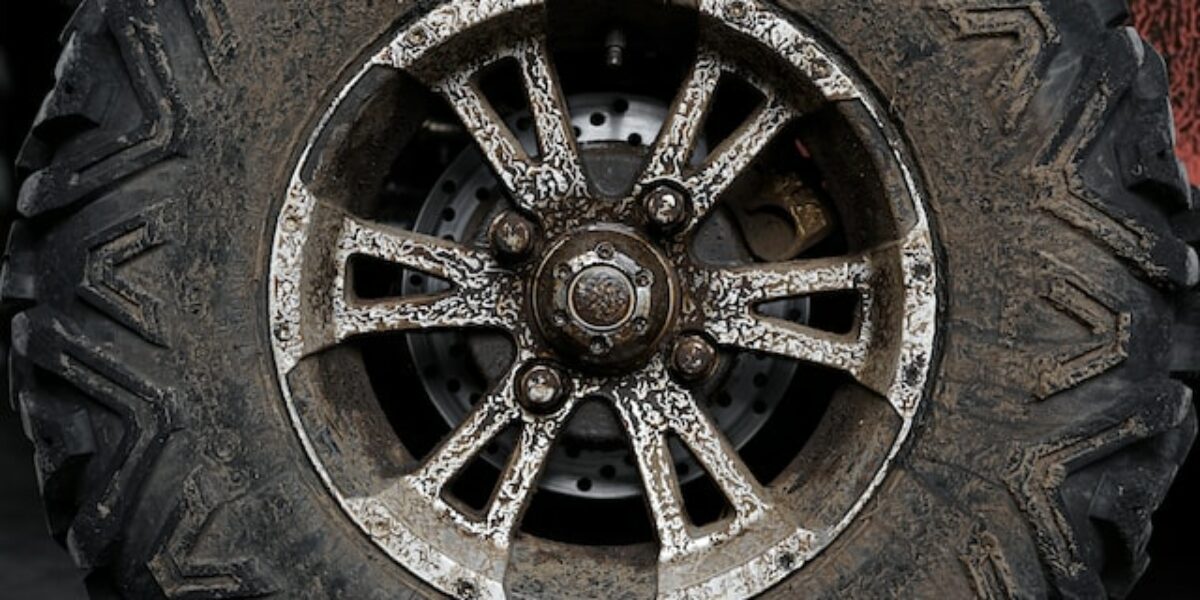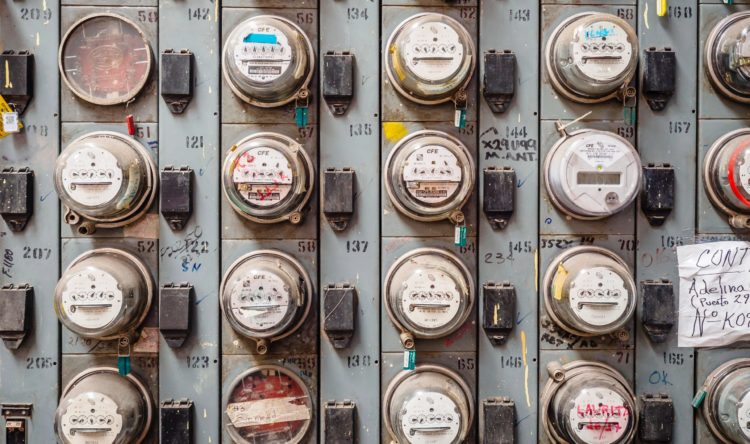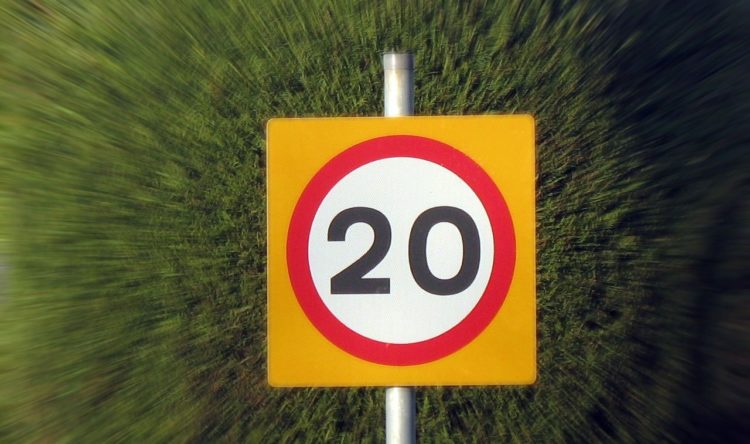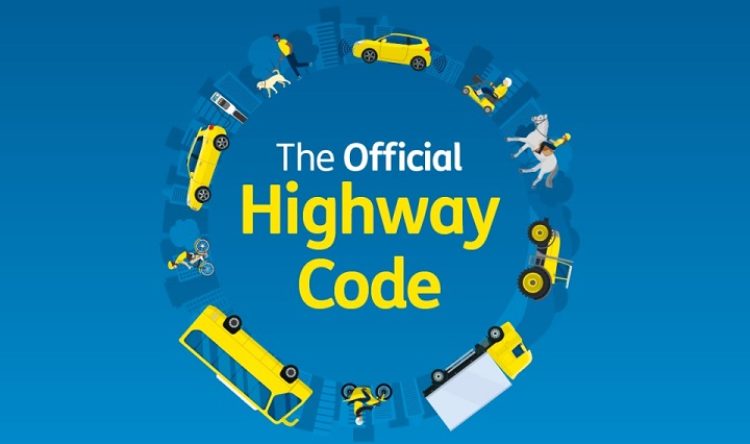Taxing tyres
Government investigates new taxes to cut tyre and brake pollution
Consultants have been hired to review how the UK can crack down on rising emissions. Rubber particulates from tyres alongside brake dust are now being seen as a big contributor to local emissions and pollution. In turn, this has led to suggestions of a ‘tyre tax’.
Costing the earth
But such tax increases would be yet another financial penalty on hard hit population struggling with the current economic crisis. There are also concerns that it could also lead to tyre safety issues with more motorists avoiding replacing ageing or worn tyres at appropriate times.
The investigations come as the Government looks to reduce the impact UK drivers have on the environment.
A Government spokesman told the Telegraph: “We want to better understand the impacts of non-exhaust emissions, such as tyres, on the environment which is why we’re conducting research on the matter. This research was not commissioned to inform tax policy development.
“As we continue to deliver on our target to meet Net Zero by 2050, we are committed to keeping the switch to electric vehicles affordable to consumers, which is why we are spending billions to help incentivise uptake and fund the rollout of charging infrastructure across the UK.”
Particulate particulars
When tyres break down, they release a range of particles. These can be visible pieces of tyre rubber through to minute nanoparticles. Unfortunately, these particles contain a range of toxic chemicals as well as metals like zinc and lead.
However, the announcement has raised concerns. Not east the costs to struggling households, added costs to businesses, and how such new policies can be effectively policed.
“Talk of a tyre tax, while incredibly premature, could do more harm than good,” says Nicholas Lyes, RAC’s roads policy chief. He worries it could lead to “more injuries and deaths on our roads by putting drivers off replacing worn out tyres”.
“If levied at the point of sale, it would lead to cheaper tyres being taxed more heavily as they are far more likely to wear more quickly and shed a higher number of particles into the environment and better quality ones being taxed less.
“Making cheaper tyres more expensive would no doubt cause some to continue driving on illegal tyres, compromising road safety for everyone.”
Going round in circles
A report from Imperial College London (ICL) – The Transition to Zero Pollution – warned that while electric vehicles remove the problem of fuel emissions, particulate matter remains a big issue.
According to their research, more than six million tonnes of tyre wear particles are released globally each year. In London alone, 2.6 million vehicles emit around nine thousand tonnes of tyre wear particles annually.
Lead author Dr Zhengchu Tan, of Imperial’s Department of Mechanical Engineering, said: “Tyre wear particles pollute the environment, the air we breathe, the water run-off from roads and has compounding effects on waterways and agriculture.”
Tan adds that policymakers and scientists need “to embark on ambitious research into tyre wear pollution to fully understand and reduce their impacts on biodiversity and health”.
In conclusion, the authors call for policymakers and scientists to investigate the complex problems related to tyre-wear pollution. This needs to be coupled to clear policy and regulation and to a broader discussion around urban transport systems.
They believe the Government should introduce a standardised system to help toxicity. Through this, there should be a reduction on the use of harmful components in tyre materials.






